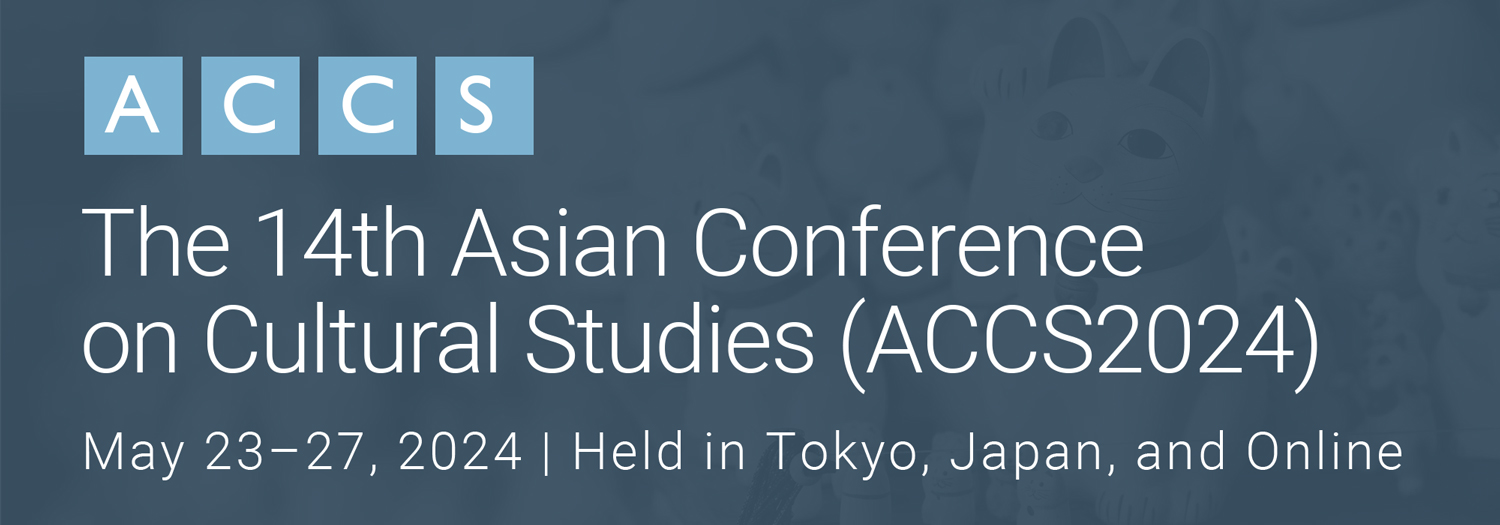Why Can’t We All Just Get Along? Japan, South Korea, and Historical Reconciliation in Neo-Idealist International Relations Theory (79651)
Session Chair: James Kaizuka
Saturday, 25 May 2024 17:35
Session: Session 5
Room: Room 604
Presentation Type: Oral Presentation
Neo-idealism, an emerging trend in the international relations literature centred around smaller Eastern European states, presents a strong counterpoint to established realist and liberal internationalist approaches. Spurred by challenges to the international order such as Russia’s invasion of Ukraine, neo-idealists have emphasised the role of shared values in bringing democracies together. However, Japan and South Korea, the foremost democracies in Asia, have not conformed to this expectation. Despite recent efforts by both governments to deepen their relationship, historical issues continue to pose the danger that any progress may be undone, an issue which is not explained within the current neo-idealist literature. This paper makes use of the Japan-South Korea case study to apply neo-idealist theory in the East Asian context. It employs comparative analysis of the Japan-South Korea relationship across two periods in the previous Abe-Moon era and the current Kishida-Yoon era. It examines the states of the bilateral relationship in relation to neo-idealist assumptions on shared values, the defence of democracy, and the role of state agency. It argues that historical issues represent the main barrier to the application of neo-idealist analysis to this context, and it contributes to the neo-idealist theoretical approach the idea of "relative historical reconciliation" in analysing levels of democratic state cooperation. These findings have broader implications in analysing the course of relations between democratic allies, especially for Ukraine and Poland, and that while values are strong in binding democratic alliances together, they must be underpinned by robust commitment to overcoming sources of historical acrimony.
Authors:
James Kaizuka, University of Leeds, United Kingdom
About the Presenter(s)
Mr James Kaizuka is a University Doctoral Student at University of Leeds in United Kingdom
See this presentation on the full schedule – Saturday Schedule





Comments
Powered by WP LinkPress